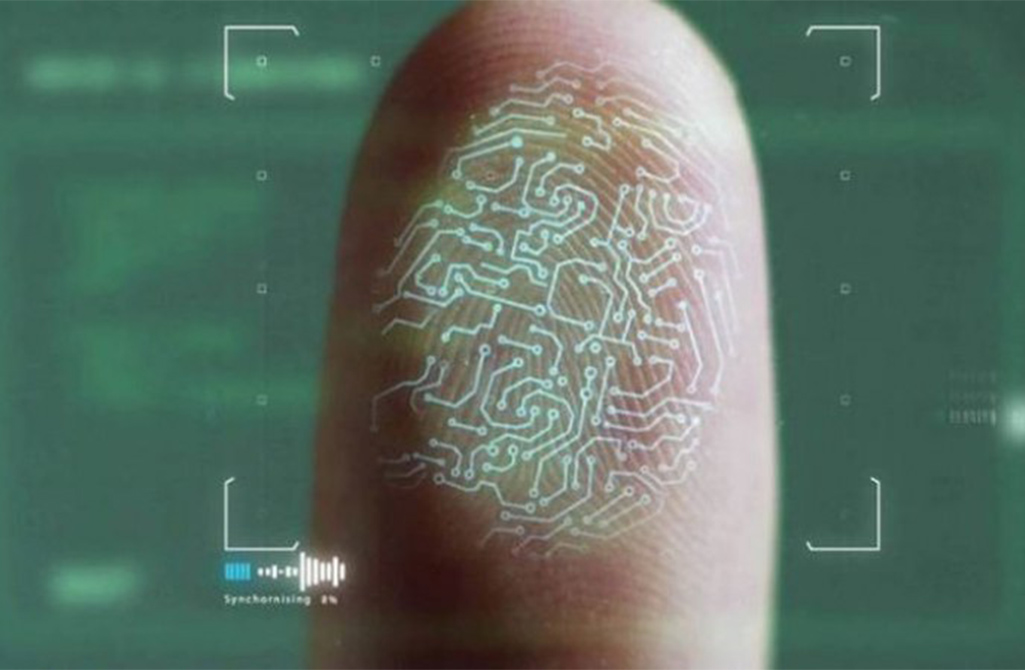Togo: Mass biometric census, a strategic step forward for national identification and social protection

The National Institute of Statistics, Economic and Demographic Studies (INSEED) is ramping up preparations for the upcoming national biometric census, a major initiative outlined in the government’s strategic roadmap. Training for Biometric Registration Operators (OPE), who are essential to the success of this census, is set to begin on November 15.
This training session will run through November 17 in Lomé and will be held simultaneously in other key cities across the country, including Tsévié, Atakpamé, Sokodé, Kara, and Dapaong, from November 22 to 24.
These sessions aim to equip OPEs with the necessary skills to effectively conduct biometric registration of residents and citizens throughout the nation.
INSEED has also announced that the allocation of training centers for candidates is now available on its website, ensuring easy access to this information for all participants.
The biometric census is a priority for the government, which seeks to establish a centralized, reliable, and secure citizen identification database.
Each registered individual will be assigned a unique identification number to enhance transparency and the efficiency of public services. This unique ID will streamline administrative processes and reduce the risk of data duplication and fraud.
Beyond administrative improvements, this biometric census represents a crucial step in enhancing access to social protection services.
By providing each citizen with a digital identity, the census will support more accurate resource allocation and improve targeting of social programs, thereby reducing inequality and promoting financial inclusion.
This campaign marks a pivotal step in modernizing the Togolese state and strengthening governance.
Through a reliable identification system, the government will be able to plan and implement public policies more effectively, advancing the country’s socio-economic development.
Chantal TAWELESSI











